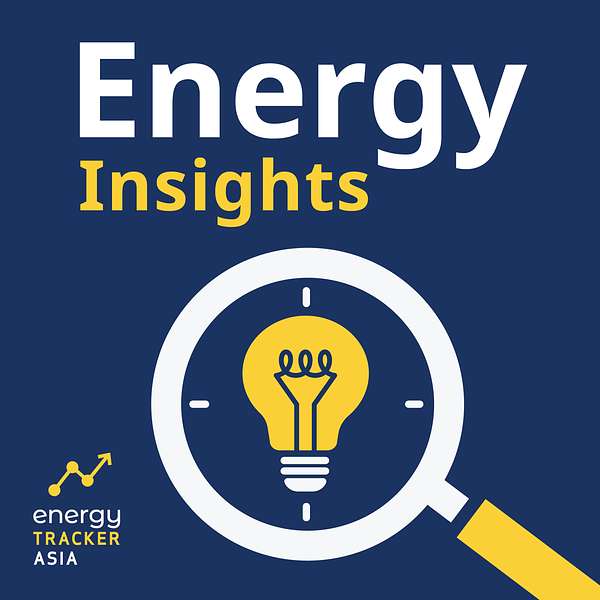
Energy Insights
Energy Insights, by Energy Tracker Asia, covers the latest topics on the energy transition and gets into conversation with a wide range of experts and thought leaders on themes that include energy, fossil fuels, climate finance, climate policy, decarbonisation and development. Join our host each month to dive deep into the latest opportunities, challenges and solutions in the climate and energy space.
Energy Insights
After COP30: The Economics Behind Climate Commitments
In this episode of Energy Insights, host Stephen sits down with Wai-Shin Chan, Director of Research at Asia Research and Engagement (ARE), to unpack what COP30 really means for climate finance, investment signals and economic decision-making across Asia.
COP30 was expected to be an implementation COP, yet countries left Belém with weak NDCs, unclear finance arrangements and no fossil fuel transition roadmap. Wai-Shin explains how this uncertainty raises costs, delays investment and leaves Asian economies exposed to growing climate and financial risks. He also clarifies what tripling adaptation finance actually means, why the NCQG still lacks delivery pathways and how vague fossil language shapes capital flows.
We explore how policy clarity, risk-sharing mechanisms and transparency will shape the region’s competitiveness, and why markets “reward clarity” when it comes to climate ambition. Wai-Shin also reflects on what Southeast Asia needs next, from stronger grids and carbon pricing to meaningful support for adaptation and resilience.
LinkedIn: Wai-Shin Chan
